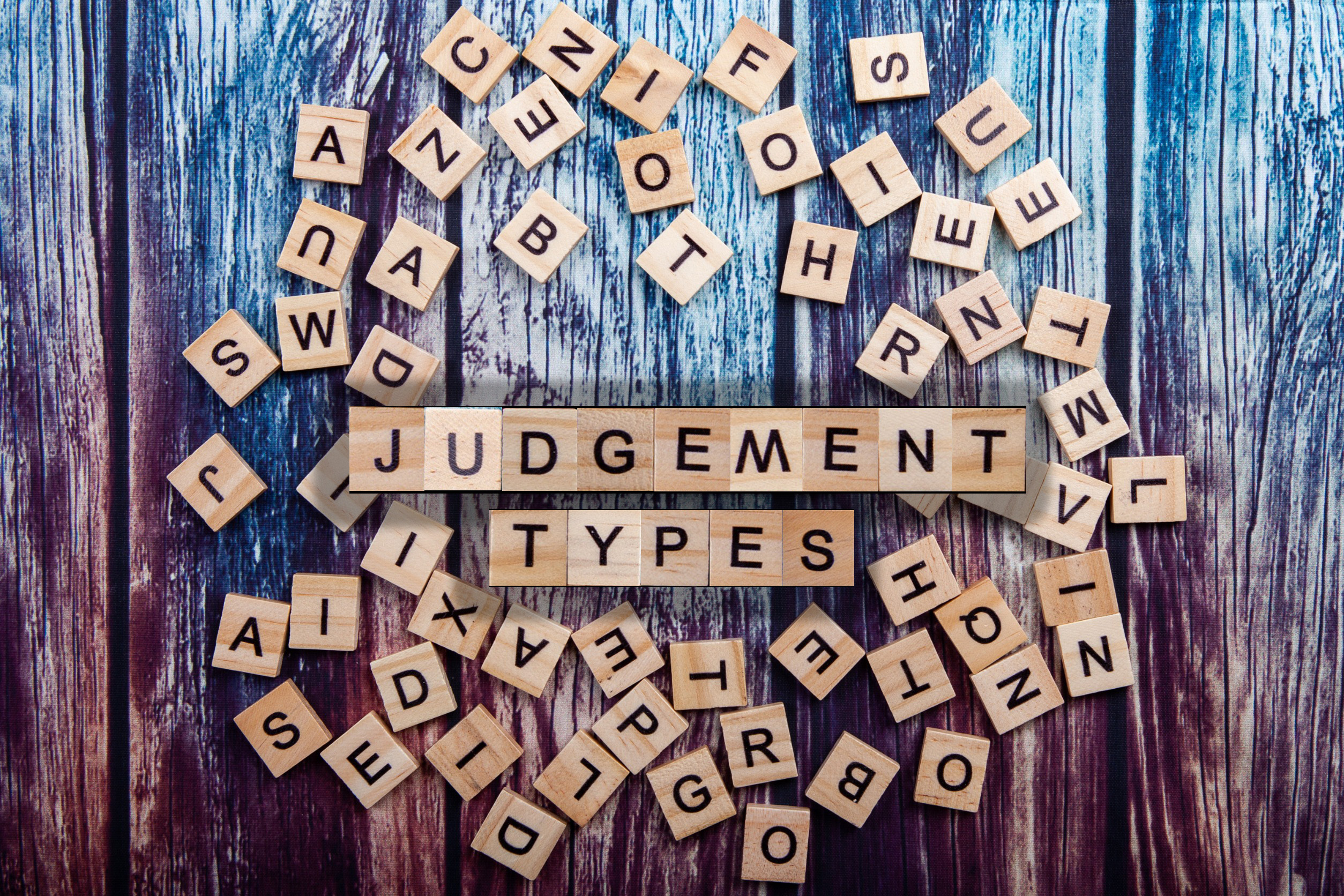judgement recovery
What is a Judgement Lien?
What happens when a debtor fails to repay money owed according to agreed terms? One of the options available to a creditor to recover their monies is to file a civil lawsuit against the debtor. So, exactly what is a judgement lien? A judgment lien is a court-ordered lien placed on a debtor’s property resulting from the case. It occurs when the creditor wins the lawsuit and records the money judgment against the debtor’s property.
A judgment lien is a legal tool in which the court grants creditors the right to take possession and sell off the debtor’s property to recover what they are owed. Creditors can use it to enforce their right to payment. Now that you have a general answer to “What is a judgement lien”, lets discuss in more detail how it works.
How does a judgment lien work?
Once the court issues a judgment, the plaintiff who obtains a monetary judgment is referred to as the judgment creditor, and the defendant, the judgment debtor. A judgment creditor can seek to enforce the judgment through several ways, including garnishing wages, seizing bank accounts, or placing a lien against the debtor’s property.
Filing the lien is the first step in a process that will lead to the sale of the attached property and the recovery of money owed. The method of filing for a judgment lien varies from state to state. Still, it typically requires that the judgment creditor records it like one would record a mortgage.
A judgment lien is any lien placed on the defendant’s assets due to a court judgment. It is a nonconsensual lien because it is attached to a specific asset without the owner’s consent.
For example, if Wade owes $5,000 in credit card debt and doesn’t repay it. The credit card company can sue them for the money and obtain a judgment against them. It will then file and get a judgment lien against Wade’s personal property, such as household furnishings. The judgment lien gives the company the right to send a sheriff to Wade’s house to take all their furnishings and sell them until the $5,000 is paid in full.
What happens when a debtor does not own any property at the time of judgment lien filing but acquires property later? In this case, the judgment can be attached to later acquired property unless it expires.
For example, suppose a creditor obtains a $50,000 judgment lien against a debtor that doesn’t own property and records it in the county where the debtor lives against all their real property. In this case, if the debtor buys a home three years later, on top of the mortgage, the house will also be impaired by a $50,000 judgment lien.
Types of property judgment liens can attach
The judgment lien can attach to almost all an individual’s property with some exemptions. These include:
- Real property: A judgment lien on real property affects all the real estate a debtor owns in the county where the judgment creditor records the lien or the court that enters the judgment. Real properties include homes, buildings, and land.
- Personal property: In some states, judgment liens can apply to personal property, household furnishings, jewelry, and appliances. It also applies to cars, trucks, motorcycles, or other vehicles an individual may own. However, liens on personal property can generally be ineffective, especially if they are not valuable.
Pros and cons of judgment liens
One advantage of judgment liens is that they are general and do not attach to any specific, but all, a debtor’s real or personal property.
Second, the lien transfers with the property, meaning that the buyers would be subject to the lien if the debtor sells the property. Hence the importance of recording the lien in the real estate records.
Another advantage is that a judgment lien will automatically attach to any property the debtor acquires after the judgment. For example, a creditor can record a judgment lien in a debtor’s county land records office even if the debtor doesn’t own any real estate. A few years later, if the debtor buys land, this detail will pop up, giving them a right to enforce their payment on the land. If you buy some real estate a few years later, you’ll discover that pesky old lien is still waiting for you.
Disadvantages of judgment liens include that they expire after a certain number of years (seven to ten in most states). However, creditors can reapply to the court to prolong the lien if need be or renew liens indefinitely.
Another disadvantage is that some states don’t allow the attachment of personal property to the judgment lien.
Can an individual remove a judgment lien?
Before foreclosing on a property, a creditor must seek approval from the court to enforce a judgment lien. If the court agrees, it directs the sell the property, through the sheriff, for the benefit of the creditor. However, a judgment lien terminates if:
- the underlying judgment is satisfied; that is, the debtor pays off the debt;
- the creditor files a release of the lien after or negotiating for a partial payment (payment plan) with the debtor or for other reasons;
- the judgment lien expires at the end of its statutory lifetime;
- the debtor petitions the court for removal of the judgment lien;
- or the debtor files for bankruptcy.
Collecting or executing a judgment lien
Winning a judgment doesn’t mean walking out of court with your money. While the court’s decision may seem final and binding, the courts have little or no authority to compel payment. Thus, the judgment creditor must first turn the judgment into a lien and then use the debtor’s property to recover what is owed.
While judgment liens are valuable tools to protect creditors and their right to get paid, you still need to take steps to collect on them, which may be a challenging and time-consuming process. More so since filing and collecting on a judgment lien varies from state to state.
You can avoid the hassle by seeking the services of reputable judgment collection agencies like Creative Judgement Solutions Inc. Reach out to us today and let us help turn your judgment liens into cash.
About Author
Comments are closed




